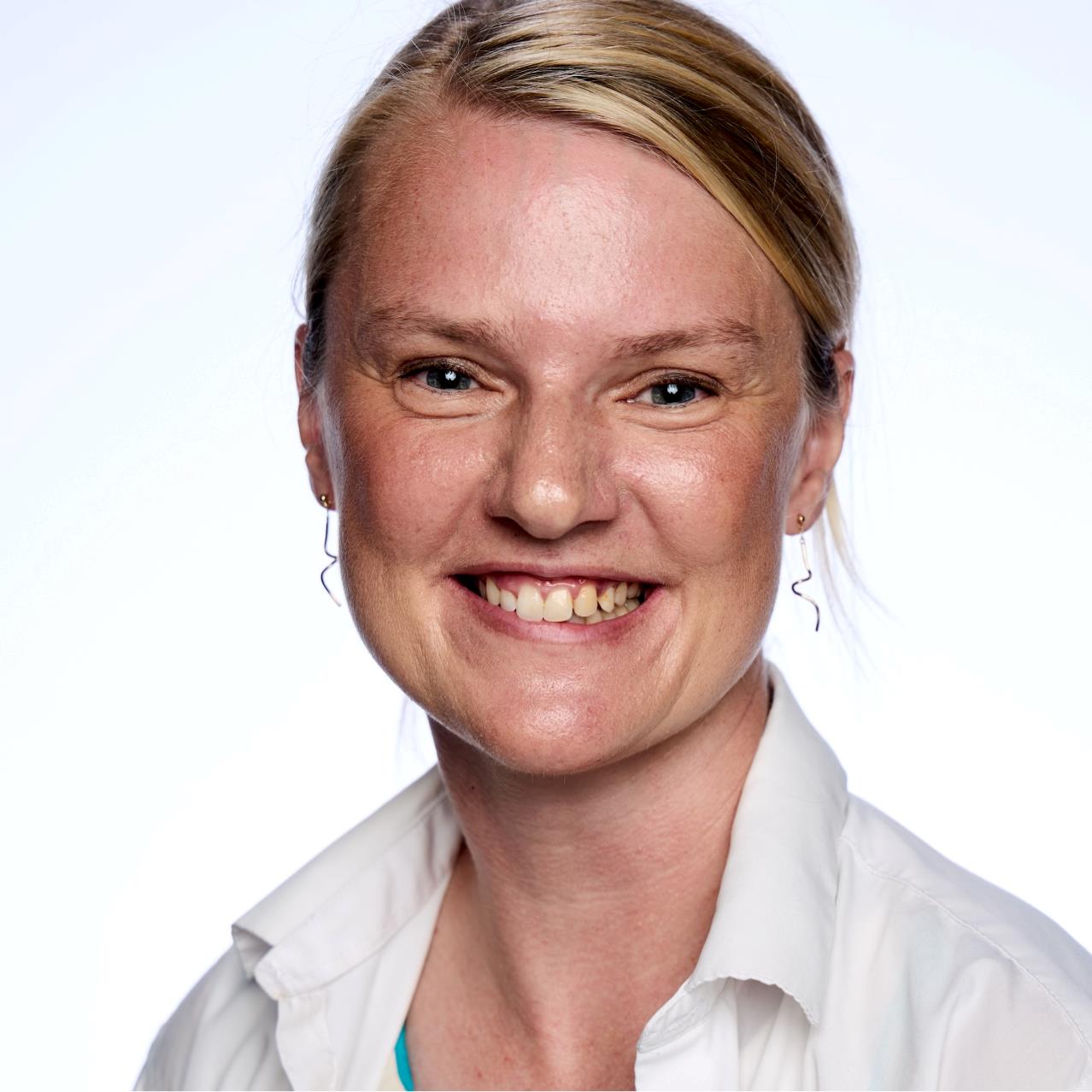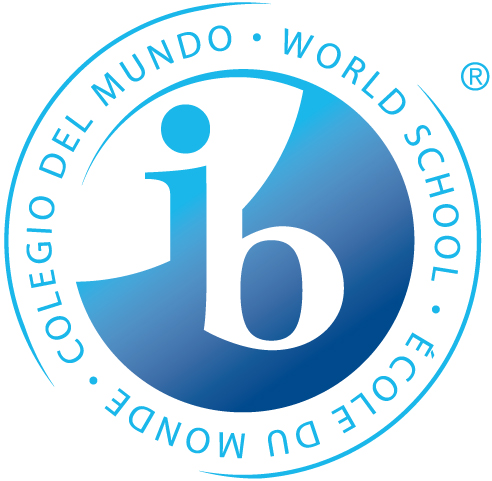Six main areas of study
Studies in language and literature, Language acquisition, Individuals and society, Sciences, Mathematics and The arts.
*This is your mother tongue or your best language. If your best language is Danish, you must choose ‘Danish’ as your subject in this category whereas if your best language is English, Iraqi or German you must choose English, Iraqi or German as your respective native languages.
**This category includes a Language B, a second language, and an ab initio (beginner’s) language.
***You can choose either Film or you can substitute Film for EITHER:
Another language (from group 2)
Another individuals and society subject (group 3)
Another science (group 4)
Choosing your subjects
Most subjects are offered on two levels – Standard and Higher Level. You must choose 3 subjects on standard level (SL) and 3 subjects on higher level (HL). All subjects, except your mother tongue (category 1) , are taught in English.
You must choose one subject from each of the 6 different areas of study. However, you may substitute the last category, the Arts, for one additional subject in one of the other categories, for example the Science category.
When choosing your subjects, it is important to consider different factors. What subjects do I enjoy? What do I want to study after graduating? What subjects do I need to take to get accepted into my favourite post-secondary program? What subjects am I good at?
NB: Subjects will only be offered if a sufficient number of students sign up.
The core
At the core of the Diploma Programme model is the Extended Essay (EE), Creativity, Activity and Service (CAS), and Theory of Knowledge (ToK).
These subjects are the heart of the Diploma Programme (DP) and obligatory for all students. You must pass all three subjects to pass the DP.
EE
is a 4,000 words research paper which students complete during the second half of their first year and the first half of their second year. In order to pass the DP, the student must also pass the EE.
CAS
is a subject that takes place outside of school hours. Students are encouraged to participate in extra-curricular activities, volunteer work and community work and must track their work in a log. Read more about CAS here.
ToK
is a subject that teaches students how to think critically and focuses on questions of methodology and theories of knowledge. Students are encouraged to reflect on questions such as: How do we know what we know? What is truth? What does it mean that something is ‘scientific’? The final exam is a written paper.
Need more information? Please contact our school and/or visit: www.ibo.org/programmes/diploma-programme/curriculum/
© International Baccalaureate Organization 2025
Questions about the IB?
You are always welcome to contact us...





